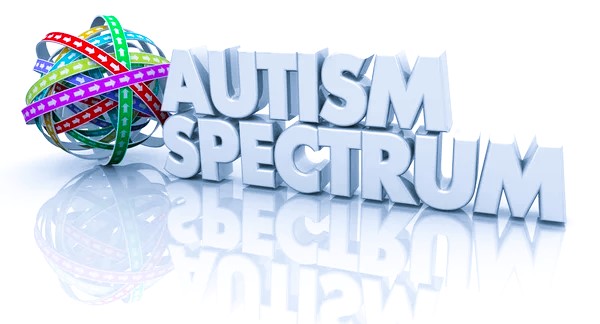Understanding Autism Spectrum Disorder
"Explore Autism Spectrum Disorder: its symptoms, causes, diagnosis, and effective management strategies for better understanding and support." #Autism Spectrum Disorder


Autism Spectrum Disorder (ASD) is a complex neurodevelopmental condition that affects individuals in various ways. It is characterized by difficulties in social interaction, communication challenges, and repetitive behaviors. ASD is a spectrum disorder, which means that the symptoms and severity can vary greatly from person to person.
Causes of Autism Spectrum Disorder
The exact causes of ASD are still not fully understood. However, research suggests that a combination of genetic and environmental factors may contribute to its development. Some studies have shown that certain genes may increase the risk of developing ASD, but it is important to note that not all individuals with these genetic variations will develop the disorder. Environmental factors, such as maternal infections during pregnancy or complications during birth, have also been linked to an increased risk of ASD.
Symptoms of Autism Spectrum Disorder
The symptoms of ASD can manifest in early childhood and typically persist throughout a person's life. While the severity and combination of symptoms can vary, some common signs of ASD include:
Difficulty with social interaction and communication
Delayed language development or difficulty understanding and using language
Repetitive behaviors or restricted interests
Sensory sensitivities, such as being overly sensitive to certain sounds or textures
Difficulty with changes in routine or transitions
Treatment for Autism Spectrum Disorder
While there is no cure for ASD, early intervention and appropriate therapies can greatly improve the quality of life for individuals with the disorder. The treatment approach for ASD is highly individualized and may include a combination of the following:
Behavioral therapies: These therapies focus on teaching individuals with ASD important skills, such as communication, social interaction, and self-care.
Speech and language therapy: This therapy helps individuals with ASD improve their communication skills, including speech, language comprehension, and nonverbal communication.
Occupational therapy: Occupational therapists work with individuals with ASD to develop skills needed for daily living, such as fine motor skills, self-care, and sensory integration.
Medication: In some cases, medication may be prescribed to manage specific symptoms associated with ASD, such as anxiety, aggression, or hyperactivity.
It is important to note that each individual with ASD is unique, and their treatment plan should be tailored to their specific needs and strengths. Early diagnosis and intervention are crucial for maximizing the potential of individuals with ASD and promoting their overall well-being.
